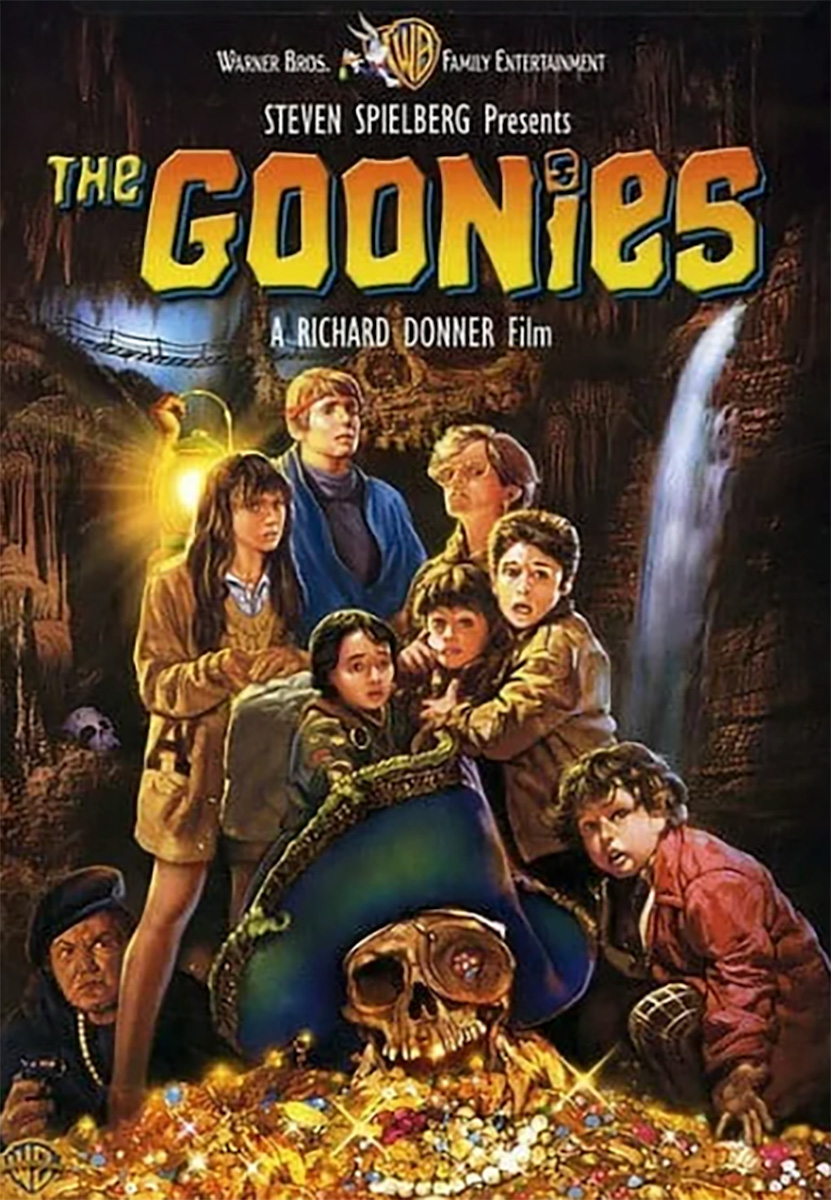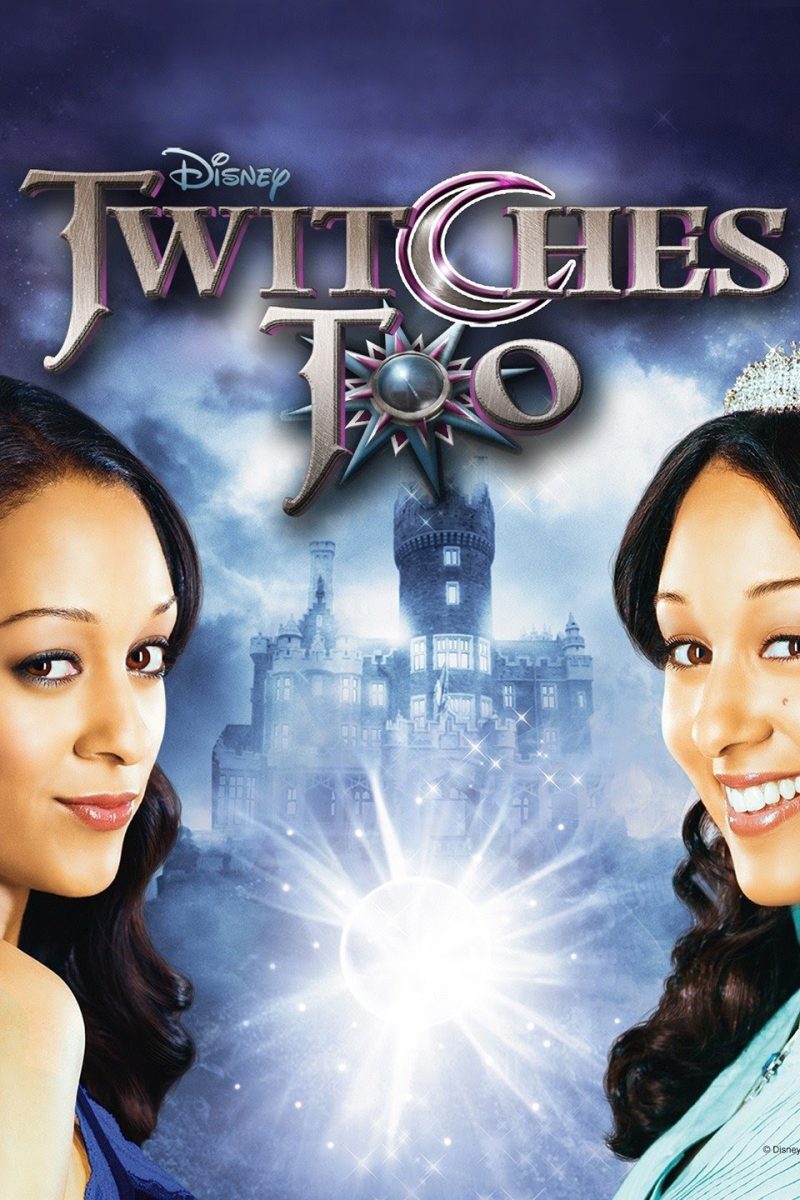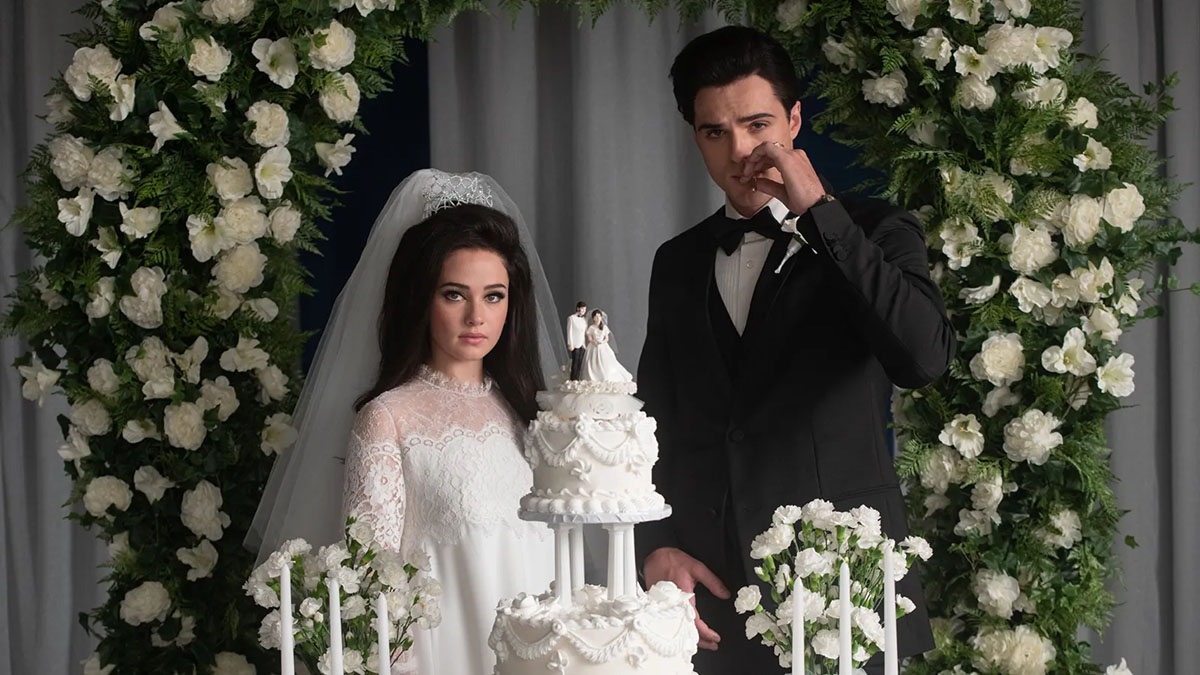When books are adapted into movies, they are either a flop or a triumph with very little middle ground. As an avid book reader and movie watcher, I am very critical of details the movie did or didn’t get right as compared to the book.
I first read the book “The Ballad of Songbirds and Snakes” back in April. I grew up reading The “Hunger Games series,” so reading the prequel seemed like a smart idea.
The movie adaptation of “Hunger Games: The Ballad of Songbirds and Snakes” was released on Friday, and I was excited to go to the theater to watch it.
The movie takes place in the country of Panem during the year of the 10th annual Hunger Games and is centered around the life of Coriolanus Snow, the future president of Panem.
While most fans of the series are used to the beloved characters of Katniss Everdeen and Peeta Mellark, the movie focuses on the time before their lives.
Rather than rooting for the usual protagonists, the audience finds themselves charmed by newcomer Lucy Gray Baird, a singer turned tribute from District 12.
This year, those thrown into the ring are given mentors for the first time, Lucy Gray, played by Rachel Zegler, finds her survival put in the hands of Snow, played by Tom Blythe.
Together, they market her as a songbird before the games begin, trying to win the hearts of people throughout the country.
As the movie progresses, the lives of the two become entangled, even far after the games are completed.
After leaving the film, I was left with the same feelings I felt after reading the book. A mix of sadness and shock fell over me and left me wishing I could go back into the theater and watch it again.
The movie perfectly encapsulates the book in a way that very few film adaptations have been able to do.
The most interesting part of the movie was the way Snow charmed those watching. When reading the book, his intentions and thoughts are seen firsthand as the story is told through his inner monologue.
However, in the movie, I wasn’t able to hear the plans going through his head and was instead fooled by his charisma.
Of course, it didn’t help that the character was played by someone as attractive as Blythe, and he will most certainly be November’s “white boy of the month” as girls obsess over him.
For viewers who haven’t seen “The Hunger Games” or read the book, the experience is still given as there are very few references to the original series. While I would suggest reading the series first for more of a nostalgic feel, it’s not mandatory to enjoy the movie itself.
The film quickly rose to the top of the list of my favorite movies and for good reason. I’ve heard only good reviews from others who have watched it, and I highly recommend it.
If you’re looking for an enticing film to watch over Thanksgiving break, then this movie is a perfect choice. Afterward, maybe start a “Hunger Games” marathon. It’ll make you look at the original series with a new set of eyes.
Hokanson can be reached at [email protected].














